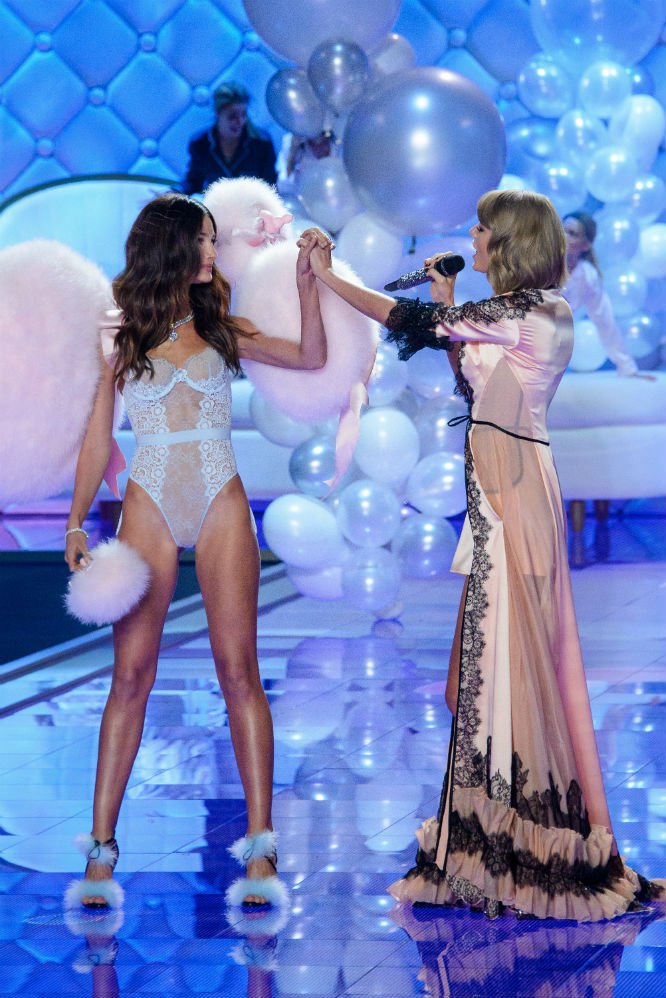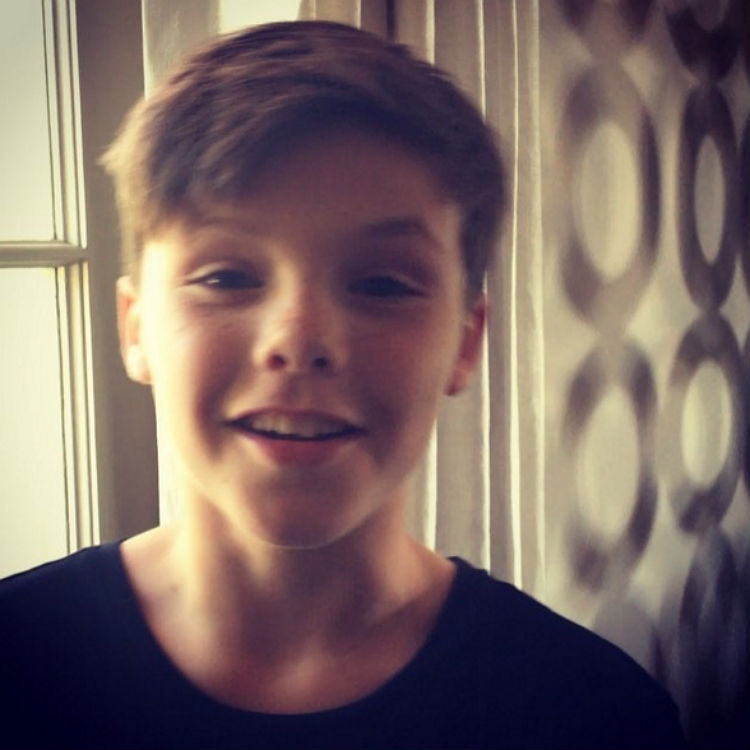 Photo: WENN
Photo: WENN
After Taylor Swift was widely celebrated for standing up to Apple over their non-royalty policy, a new storm is brewing surrounding her own surprisingly strict photography policy - over which she has been accused of hypocrisy.
Earlier this week, the singer wrote an open letter to Apple explaining why she planned to hold back her album, 1989, from their new streaming service over their plans to not pay artists during their three month free trial period. In it, she wrote, "I find it to be shocking, disappointing, and completely unlike this historically progressive and generous company."
The company subsequently confirmed that they had "heard" Swift's complaints, and had decided to reverse their policy, a decision that was hailed as a great success, and for which Swift received a great deal of praise.
Since then though, photographer Jason Sheldon has posted an open letter of his own, calling the stipulations on the concert photo authorisation form for her live shows - which doesn't allow photographers to sell their photos to other companies and reserves the right to use them in any "non-commercial" way Swift and her team see fit - "a complete rights grab."
Sheldon continues, "You say in your letter to Apple that 'Three months is a long time to go unpaid'. But you seem happy to restrict us to being paid once, and never being able to earn from our work ever again, while granting you the rights to exploit our work for your benefit for all eternity…."
Since then another photographer, Joel Goodman, has shared the contract for her most recent 1989 tour, which alongside these clauses, also reserves the right to destroy the photographer's camera.

In a statement to the press, Swift's UK spokesperson said, "The standard photography agreement has been misrepresented in that it clearly states that any photographer shooting ‘The 1989 World Tour’ has the opportunity for further use of said photographs with management’s approval.
"Another distinct misrepresentation is the claim that the copyright of the photographs will be with anyone other than the photographer – this agreement does not transfer copyright away from the photographer. Every artist has the right to and should protect the use of their name and likeness."
Swift herself is yet to respond to the controversy.





















